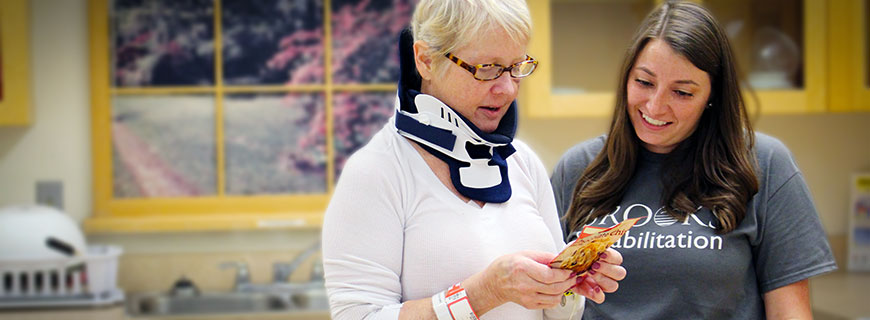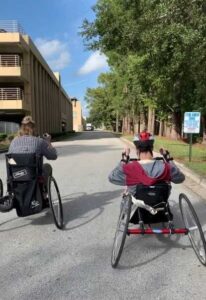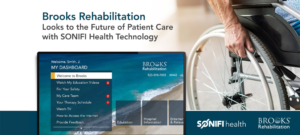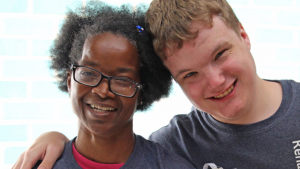Recreation Therapy: Makes Dreams Come True

Back to physical health resource hub
 Recreation Therapy is a unique discipline that is beneficial for a variety of ages, diagnoses and conditions. Often people are unsure of what we do, or of the benefits we can offer to our patients. Our therapists use recreation and leisure activities such as games, arts/crafts, sports, cooking, and community re-integration as a form of therapy to positively impact patients physically, cognitively, socially, and emotionally. As recreation therapists, we focus on reaching the patient’s goals while keeping the sessions therapeutic and fun. We are beneficial because we use a variety of resources and patient-centered interventions to improve people’s quality of life.
Recreation Therapy is a unique discipline that is beneficial for a variety of ages, diagnoses and conditions. Often people are unsure of what we do, or of the benefits we can offer to our patients. Our therapists use recreation and leisure activities such as games, arts/crafts, sports, cooking, and community re-integration as a form of therapy to positively impact patients physically, cognitively, socially, and emotionally. As recreation therapists, we focus on reaching the patient’s goals while keeping the sessions therapeutic and fun. We are beneficial because we use a variety of resources and patient-centered interventions to improve people’s quality of life.
Facts you may not know about Recreation Therapy:
- Recreation therapists support individuals to further develop their skills, knowledge, and confidence in a variety of activities. Our staff is here to serve as a guide for our patients to return to the activities they love, as well as finding new hobbies to explore.
- We use a systematic process which involves an assessment, progress notes and discharge recommendations. Patients are involved with the creation of individualized goals to promote social interactions, leisure activity skills, awareness, and resources.
- Therapy does not have to be all work and no play. During recreation therapy sessions, we continuously keep it fun and therapeutic. Yes, we have fun, but it is still work. We use the power of distraction to increase participation with our patients. Our recreation therapy gym is always filled with laughter and energy as our approach values patient opinions and preferences. We are always happy to revolve our sessions around what our patients would like to do. As recreation therapists, we are here to enable you and your loved ones to live a full life after an injury.
- Recreation therapists utilize adaptive technology and equipment with patients to ensure and promote independence after a catastrophic injury.
- Adaptive technology and equipment can include, but is not limited to:
- Card holders
- Trikes/arm bikes
- Ipad/phone stylus
- Xbox controllers
- Kitchen equipment
Our Inpatient Recreation Therapists

Nikol Kiley, Recreation Therapy Coordinator, Certified Therapeutic Recreation Specialist

Kelly Devenny, Therapeutic Recreation Specialist

Ashley Cook, Therapeutic Recreation Specialist


